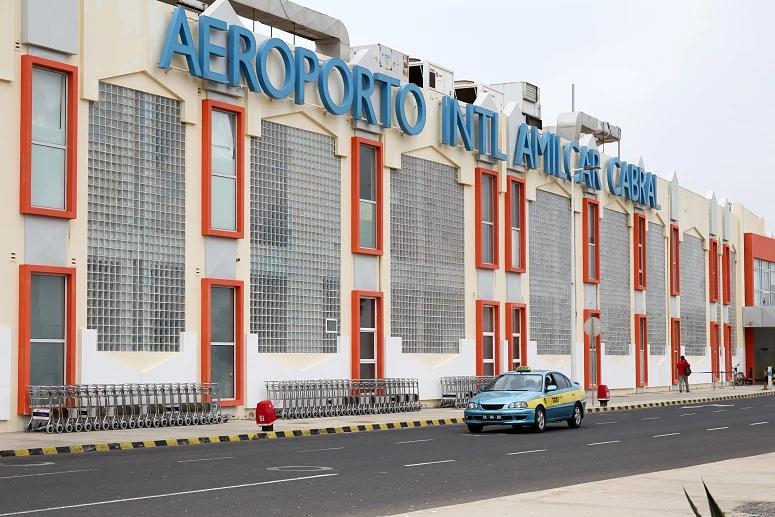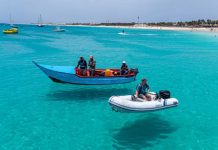Africa-Press – Cape verde. The environmental and social assessment of the intervention plan at Cape Verde’s airports, whose works are in the starting phase, includes several recommendations linked to the need to deal with a predictable increase in tourist pressure.
The study, which was under consultation until April, provides a positive assessment of the impact that the intervention at airports will have on the archipelago, whose economy depends on tourism for around 25%.
The renovation is expected to attract more visitors and this aspect is reflected in several of the recommendations.
Among them, “mechanisms to manage pressure on the real estate market and the cost of housing, due to the increase in tourism and demand for workers, are suggested, minimizing the tendency for social conditions to deteriorate”.
This idea about real estate and housing appears three times, in different chapters, linked to quality of life, values and natural resources and community cohesion, in the document, consulted by Lusa.
It is even proposed that “obligations be established for tour operators to create housing conditions for enterprise workers”.
The list also recommends that there be coordination between tourism and the management of infrastructure and water supply, “in order to analyze the response capacity of the different islands to a potential increase in visitors”.
Specifically on the island of Boavista, ways are suggested to increase contact and the benefits of local populations with the presence of visitors on the island, for example, by implementing “free or price-controlled bus routes, so that tourists can travel more easily, instead of being isolated in hotels.”
References to the expected increase in tourist pressure appear several times in an assessment with few negative points.
“It appears that there is a contribution with a positive, very significant trend” and “the cases in which there are slight negative trends correspond to situations that can be minimized, either by recommendations or by the measures that are taken”, it is indicated in the document.
On the other hand, the proposals involve responsibilities that go beyond “the scope of competences and intervention capacity of the plan and Cabo Verde Airports, falling to various public administration entities”.
In terms of broader recommendations, the evaluation proposes an amendment to the patronage law “that obliges those who invest in the country to carry out socio-economic investments”.
There are also suggestions regarding agricultural productivity, healthcare, water and waste management.
In relation to the island of Fogo, it is suggested that consideration be given to “the effective need for night flights, safeguarding night transfer situations, through the installation of an emergency lighting system”.
In São Vicente, another location is recommended for the expansion subdivision of São Pedro, a coastal town, at the head of the Cesária Évora airport runway.
The international movement of passengers broke a new record at Cape Verde airports, in 2023, with more than two million tickets (arrivals and departures), according to data from the Civil Aviation Agency (AAC).
Last year, the Cape Verdean Government concessioned the public airport service to Cabo Verde Airports, a firm under Cape Verdean law belonging to the Vinci group.
The objective is to “expand and modernize” the country’s four international airports (Boavista, Praia, Sal and São Vicente) and three aerodromes (Fogo, Maio and São Nicolau) with a 40-year investment plan.
For More News And Analysis About Cape verde Follow Africa-Press






